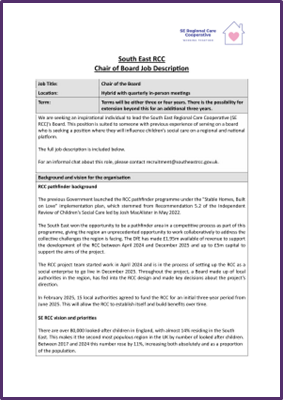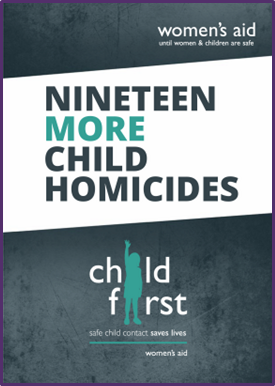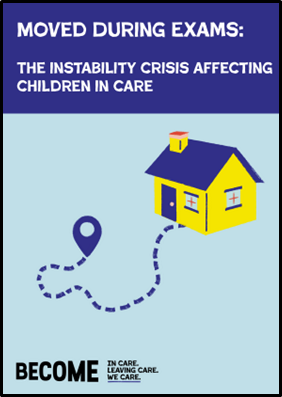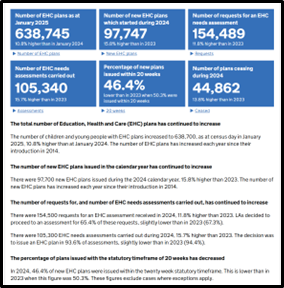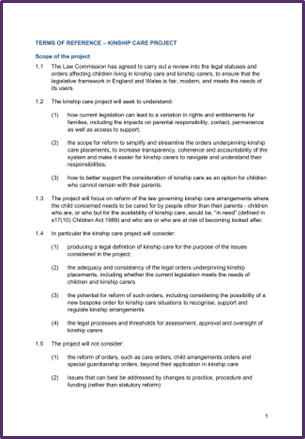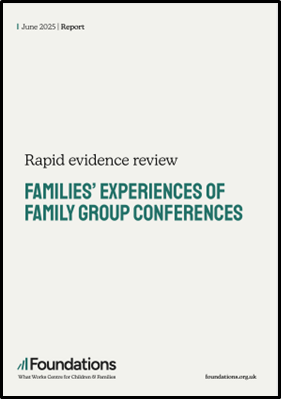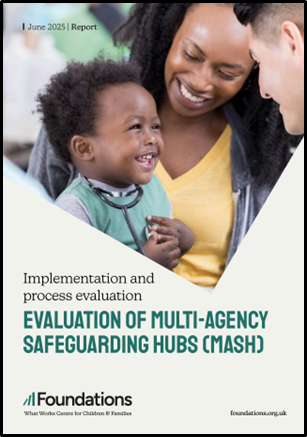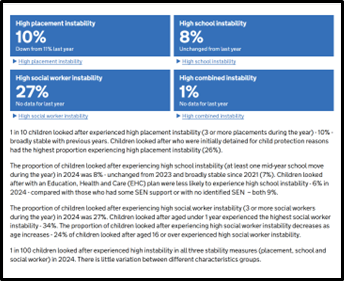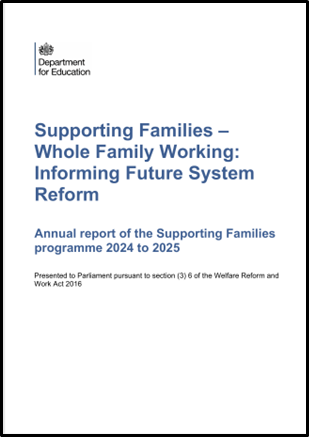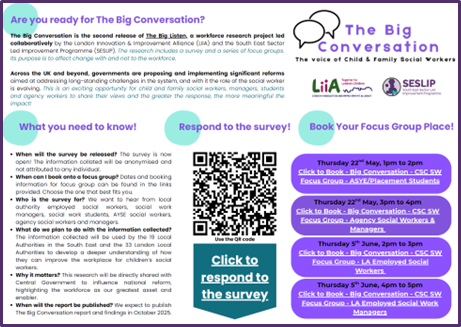Newsletters
Our Regional Improvement Plan can be found here
If you would like to apply to be a SESLIP consultant, please follow this link to Kent Business Portal – KentBusinessPortal and after registering on the portal, search for Ref – SC240046 – SESLIP – DPS
Updates
Reminders From Previous Weeks
Tools & Templates
We have produced a Regional Improvement Plan (June 2024)
On 26 June DfE published Education and Health Care Plans data for Jan 2025
On 25 June Foundations published its Evaluation of Multi-agency Safeguarding Hubs
On 20 June Become published Moved during exams
On 19 June Women’s Aid published Nineteen more child homicides
On 17 June The Law Commission published the terms of reference for its forthcoming Kinship Care Project
On 12 June DfE published Stability measures for children looked after in England
On 9 June DfE published Supporting Families Whole Family Working: Informing Future System Reform Annual report of the Supporting Families programme 2024 to 2025
On 5 June Foundations published Understanding families’ experiences of being offered a Family Group Conference
On 5 June DfE publsihed Schools, pupils and their characteristics for academic year 2024/25
On 24 May the Family Justice Council published Covert recordings in Family Law proceedings concerning children: Family Justice Council Guidance
On 23 May HMIProbation published Transitional Safeguarding in youth justice and probation services: A scoping study
On 23 May the Centre for expertise on child sexual abuse published Support Matters
On 22 May DfE published Serious incident notifications for 2024-25
On 22 May the Child Safeguarding Practice Review Panel published a report on its Learning Support and Capability Project
On 13 May the Nuffield Foundation published Exploring racial disparity in diversion from the Youth Justice System
On 5 May DfE published additional working together to safeguard children material.
On 29 April the Domestic Abuse Commissioner published Victims in their own right?
On 15 April Nesta published Innovation in the early years – lessons from three local test and learn partnerships
On 8 April Foundations (What works centre for children and families) published a Practice Guide for mentoring and befriending care experienced children and young people
On 7 April the Children’s Charities Coalition published Children’s services spending report: A long road to recovery – Local authority spending on early intervention children’s services 2010/11 to 2023/24
On 7 April MoJ published Family Court Statistics Quarterly: October to December 2024
On 4 April Ofsted published changes to the Social care common inspection framework (SCCIF)
On 3 April DfE advertised for a National Safeguarding Partner Multi-agency Facilitator (LA Lead)
On 2 April FRG released A film for parents with learning difficulties and disabilities: working with a child and family social worker (YouTube 10 minutes 33 seconds)
On 27 March Kinship published Raised by Relatives: the experiences of Black and Asian kinship carers
On 26 March Mutual Ventures published a range of case studies and a good practice guide in relation to the DfJ Reducing Time to Family Court programme
On 20 March the DfE published The Families First Partnership (FFP) programme guide


